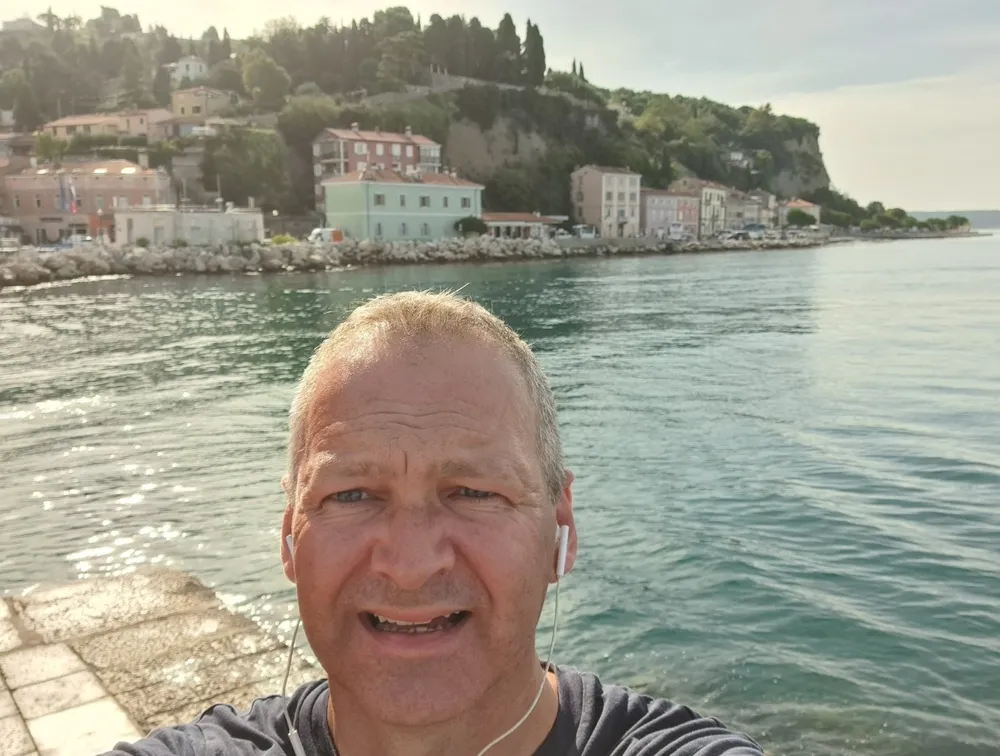Next, Elizabeth travelled to Berne, where a British physiotherapist who had worked in London at the Bobath Centre, was practising. This was a private clinic. In Berne, the healthcare system enabled children to be treated much earlier, shortly after birth.
Her final month was spent in Florence. “People used to ask what period of art I was studying, and when I said I wasn’t, they then assumed I was studying the language and asked how I was getting on. When I said I was actually researching physiotherapy they gave me a most quizzical look!”
In Florence, paediatricians had been developing new assessment scales to use for babies from a very young age. Again, this was different from methods used in the UK.
Back in York, Elizabeth put her learning into practice and at the child development centre she had helped to set up, welcomed visiting physiotherapists from Hungary and Brazil, to pool their knowledge.
She took further courses in Conductive Education, made links with colleagues to exchange ideas, and visited schools run by the disability charity Scope.
There followed a career which first took her to India for three years, working in villages and training healthcare workers. “My area of expertise expanded, and I learnt what it is like to be in a place where there isn’t one of everybody; you need to work with whoever will come forward to help.”
On her return, Elizabeth spent two years at Bible College, after which, as she says, “all sorts of jobs just started popping up”, including working visits to Yemen, Hanoi, and Mauritius, and always including techniques she had learnt during her Fellowship.









